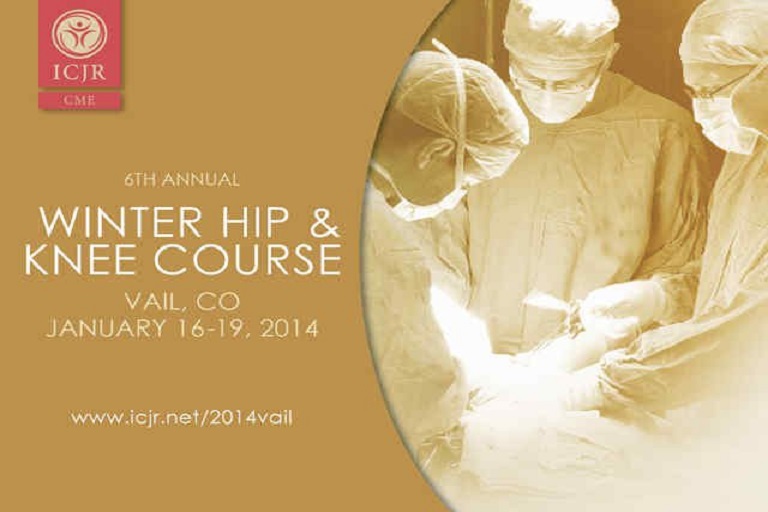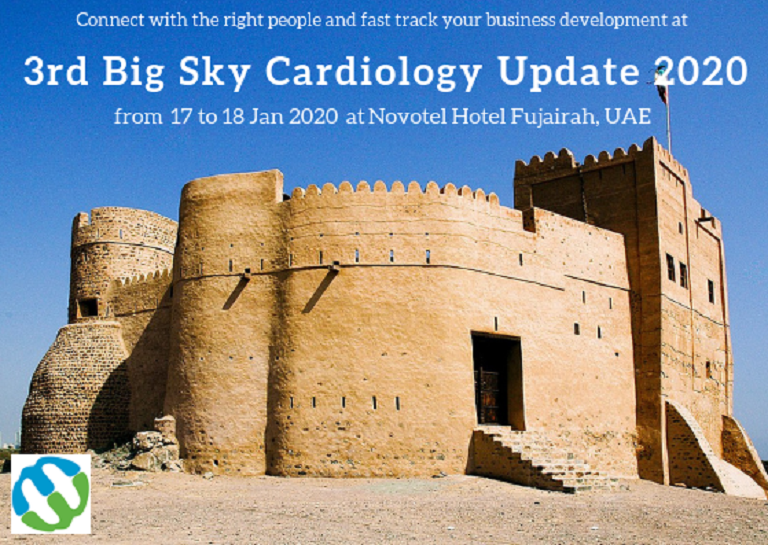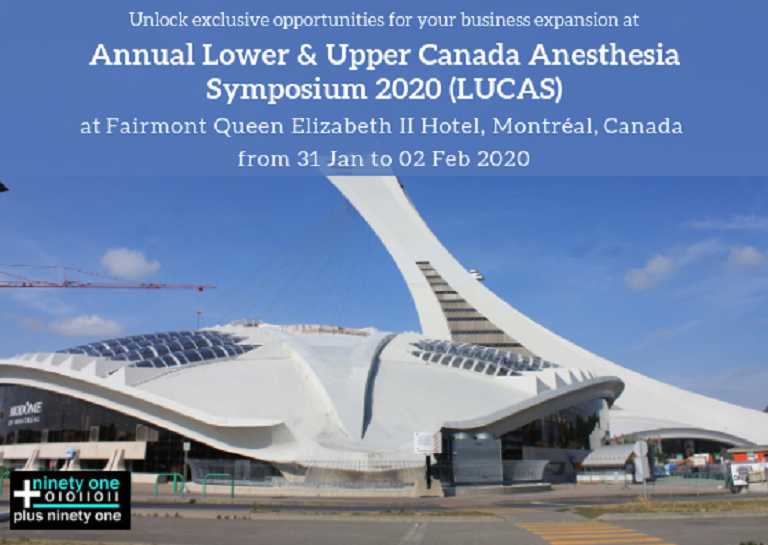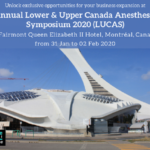Transparency Market Research recently published a report anticipating a 38 percent compound annual growth rate in the market for medical-device connectivity through 2019, from $3.4 billion worldwide in 2012. If this comes to pass, it is good news, because it will cause health costs to drop and quality to increase.
“Connectivity” refers to medical devices communicating with each other, and the patient’s Electronic Health Record (EHR). The Transparency Market Research report defines connectivity as to “control, configure and monitor patient’s administration data such as dose, rate, timing etc., physiological data and other key information”.
Since 2009, the big story in health IT has been the installation of EHRs by hospitals and other providers (as previously reported by Matthew Herper). However, the benefits of this investment are unclear (and, perhaps, non-existent). The recent, rapid adoption of EHRs has been driven by government funding, not providers’ self-identified business needs. From 2011 through November 2013, the federal government handed over more than $17 billion to providers who demonstrated so-called “meaningful use” of EHRs.
However, these systems may not increase quality of care, because errors introduced to EHRs can be difficult to correct, according to medical informatics expert and physician Scot Silverstein. Nor do they save money. Last year, scholars from the RAND think tank published an article regretting a prediction from 2005, that rapid adoption of health IT would save $81 billion annually.
The savings have not been achieved, and the scholars anticipate that significant changes in reimbursement (that is, paying for value not volume) will have to take place before providers take full advantage of health IT. Even worse, there is some evidence that EHRs make it easier for physicians to order superfluous tests, thereby raising health costs.
Further, the government-driven implementation is hitting roadblocks. Stages 2 and 3 of “meaningful use” include more challenging targets than stage 1 (for which providers are currently being paid). Especially, stage 2 requires the ability for an EHR to participate in a health information exchange, which facilitates the flow of patient data seamlessly between providers. Because this conflicts with each provider’s business goal of making patient data “sticky” and increasing patients’ switching costs, they have resisted going this far. As a result the federal government has delayed the deadline for meeting the requirements of stages 2 and 3.
Analyst Michael Cherny of International Strategy & Investment Group notes that various stakeholders (both elected officials as well as industry organizations) have lobbied CMS for a delay in the timeline, and anticipates that the delay will likely give slightly incremental protection to the smaller and undercapitalized niche players, but believes that the EHR market will continue to see a migrate towards larger vendors.
“Connectivity” is a different opportunity. Rather than taxpayer-fueled installation of EHRs containing patient data mostly entered by humans, and which cannot talk to their competitors, connectivity follows a more natural (but not friction-free) course. A recent report from the West Health Institute anticipates $36 billion savings annually from successful adoption of medical-device connectivity.
Will this prediction be regretted, like RAND’s 2005 forecast? The incentives for medical-device connectivity are much more likely to succeed than those for EHRs exchanging information across providers. The West Health report notes that a patient in an Intensive Care Unit (ICU) is surrounded by six to twelve medical devices, which mostly do not communicate with each other or the EHR. The report also illustrates the case for connectivity with a number of vignettes.
For example, a brain-injured patient in the ICU breaths with the help of a ventilator, operating according to physician-prescribed parameters. A respiratory therapist draws blood to send to the lab to test the levels of oxygen and carbon dioxide. The lab calls the ICU nurse with the results, who reports them to the physician, which leads to adjusting the ventilator. This happens four to six times a day. Even a layman can see how inefficient this is, and how it could be improved by connecting the procedures.
On their own, the medical-device makers have little incentive to overcome this problem. However, both hospitals and insurers increasingly have the right incentives. Although we cannot be certain that new payment mechanisms that pay for value, rather than volume, will succeed, innovative models are emerging quickly. Together, hospitals and insurers can influence device makers to adopt common standards to facilitate connectivity. Health information exchange between different hospitals’ EHRs suffers from the lack of such an incentive.
The rapidly emerging market for medical-device connectivity is good news for patients, payers, and taxpayers.


















































